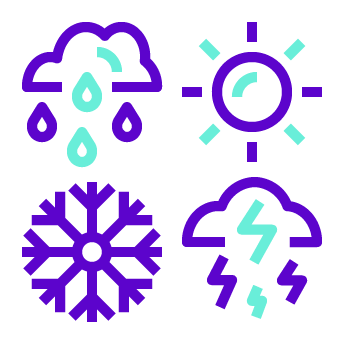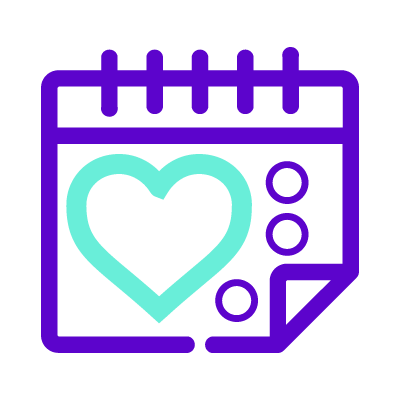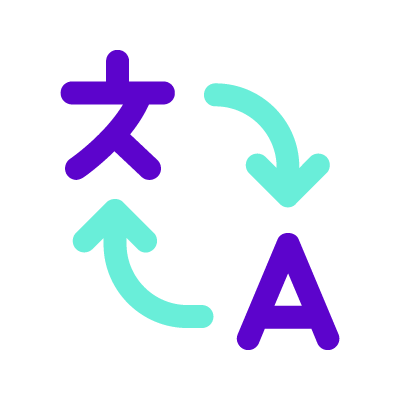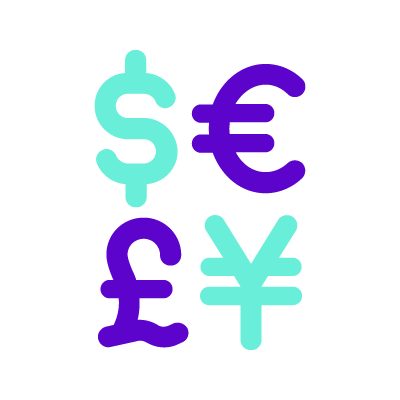+966 541595303
adventures@travaganza.co
Unforgettable experiences are everywhere in Vietnam. There’s the sublime: gazing over a surreal seascape of limestone islands from the deck of a traditional junk in Halong Bay. The ridiculous: taking 10 minutes just to cross the street through a tsunami of motorbikes in Hanoi. The inspirational: exploring the world’s most spectacular cave systems in Phong Nha-Ke Bang National Park. The comical: watching a moped loaded with honking pigs weave a wobbly route along a country lane. And the contemplative: witnessing a solitary grave in a cemetery of thousands of war victims.







Most nationalities are required to obtain tourist visa in advance to travel to Vietnam. When obtaining your visa you should allow 3 weeks for processing with your nearest embassy or consulate, the cost is approximately US$60 to US$100. Please check with your embassy or consulate for further requirements.
An eVisa is available for some nationalities including passport holders from Australia, USA, UK, most EU countries, KSA, UAE, Qatar, Kuwait, Oman, Egypt. For information on obtaining an eVisa visit the immigration website: https://evisa.xuatnhapcanh.gov.vn/
Evisas take up to 3 days to be processed. You will need a clear electronic copy of your passport data page and passport photo, and to make a non-refundable payment as outlined on the immigration website.
Keep the customs and immigration form you receive on arrival, as you need it to complete exit formalities on departure
The standard voltage of electricity in Vietnam is 220 V and the frequency is 50 Hz. The power plugs and sockets used in Vietnam are of type A, C, and F.
Tap water in Vietnam is not adequate for drinking. We recommend to drink from bottled water, other options can be filtered water or purified water by adding purification tablets. It’s also advisable to avoid ice in drinks and peel fruit and vegetables before eating.
Generally speaking, Vietnam is safe for tourist both in the rural countryside as well as in larger citiess. While many national governments provide a regularly updated advice on safety issues involved with international travel. We recommend that you check your government’s advice for their latest travel information before departure.
Pickpockets and bag snatchers can be found in crowded marketplaces, or if you rented a motorbike thieves might grab your bags off the biker’s shoulder, and therefore the person, as they pass by. Be wise and keep your possessions hidden under your top layer of clothing to prevent anything from being stolen. We strongly recommend to leave your valuable jewellery at home – you won’t need it while travelling. A lock is recommended for securing your luggage.
Please use your own good judgment when selecting an activity in your free time. It is our recommendation to stay in smaller groups during night time excursions
ATMs are widely available throughout Vietnam and their accessibility has been expanding gradually. There are numerous ATM kiosks in major areas that have regularly working machines and accepts majority of the international cards. Credit cards are generally accepted in tourist shops and some restaurants. Smaller venues take cash only. Some smaller villages and rural areas may not have ATM access
If you plan to rely on cash, please bring foreign currency (Euro, Pound, USD) while the easiest foreign currency to exchange for local currency is $US. However please note that mostly any US notes that are older than year 2006 may not be accepted. Money exchange bureaus usually offer the best exchange rates, and larger bills like $50, $100 gets better exchange rate.
Tipping isn’t compulsory in Vietnam, but it’s considered polite to leave service workers in restaurants and cafes a 5-10% tip over the bill.
During tours we recommend that any tips are given to the intended recipient by a member of your group, rather than collected and passed on by the our group leader.
It is always best to avoid tipping with coins, very small denomination notes, or dirty and ripped notes, as this can be regarded as an insult rather than the goodwill gesture it is intended to be.
The amount you tip is entirely a personal preference; however, he following amounts are our recommendations based on our previous travels:
• Local guide: US$2-4 per person, per day.
• Activity guide: US$1-2 per person, per activity.
• Drivers: US$1-3 per person per day.
Of course, you are free to tip more or less as you see fit, depending on your perception of service quality and the length of your trip. Remember, a tip is not compulsory and should only be given when you receive excellent service.
Internet access is widely available in tourist areas and big cities, which have many internet cafes. Internet access is less frequent in rural and remote areas.
You’ll have to adjust to different standards of hygiene and sanitation while in Vietnam. The standard toilet is of the squat variety and this may take some getting used to, although western-style toilets can be found in large hotels and some tourist areas.

